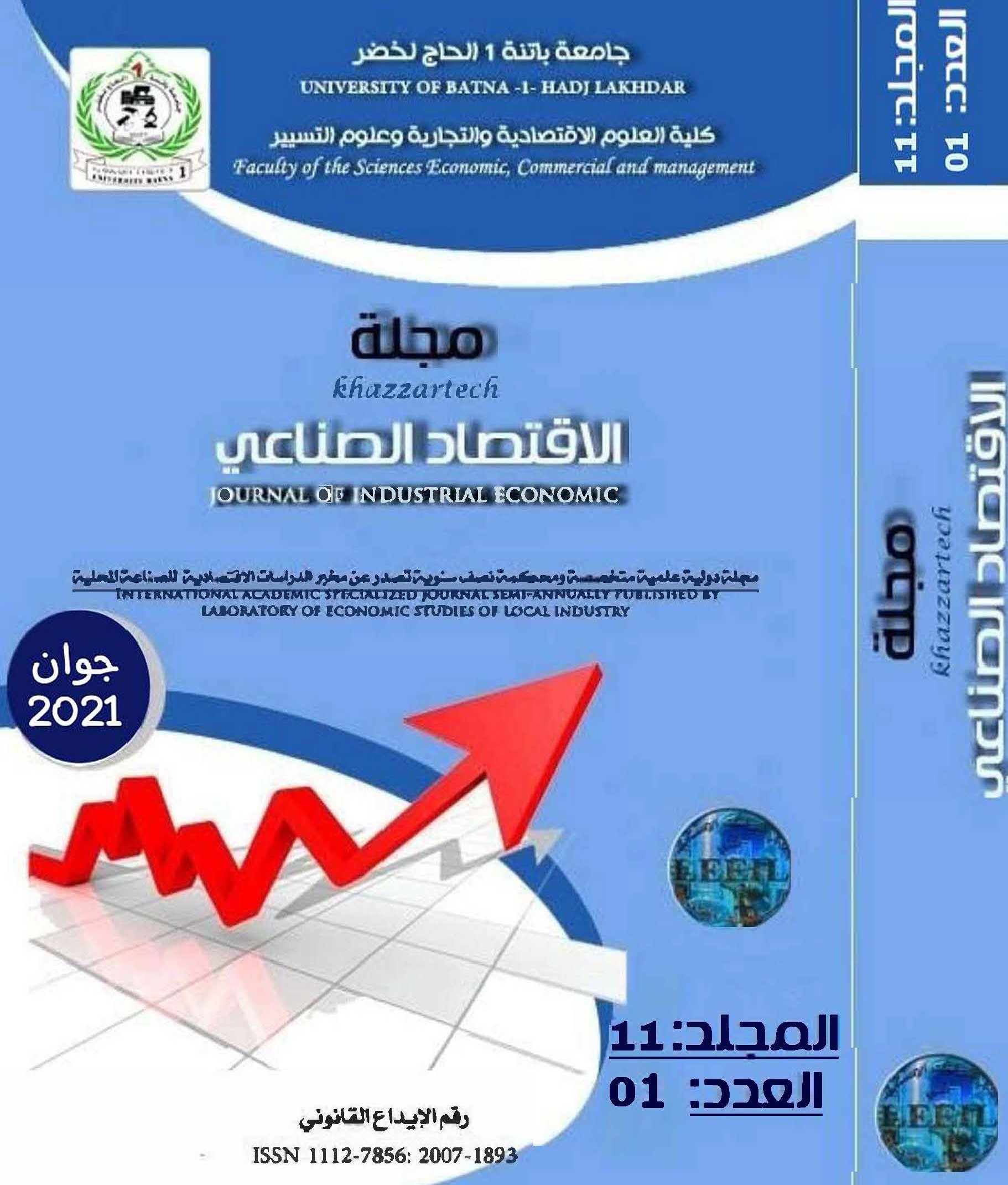Impact Of The Quantitative Easing In Algeria
DOI :
https://doi.org/10.59791/ierk.v11i1.2803Mots-clés :
Reserve, Inflation, Quantitative Easing, Bank liquidity, Budget deficitsRésumé
The aim of our research paper is to analyze the pros and cons of Quantitative Easing that Algeria pursued after the collapse of oil prices in the second half of 2014. Although, Quantitative Easing is a solution to solve the budget deficit without resorting to external debt, yet it has many negative effects on the Algerian Economy. The most important of these effects are the high internal debt, the high rates of inflation, and the unemployment rate. As a result of these effects, comes a significant decrease in the purchasing power of the citizen, as well as the low value of the national currency in comparison to foreign currencies, the erosion of exchange reserves, the deficit of the trade balance and the balance of payments.
Téléchargements
Publiée
2021-06-30
Comment citer
صباغ ر. (2021). Impact Of The Quantitative Easing In Algeria. Khazzartech الاقتصاد الصناعي, 11(1), 812–828. https://doi.org/10.59791/ierk.v11i1.2803
Numéro
Rubrique
المقالات


